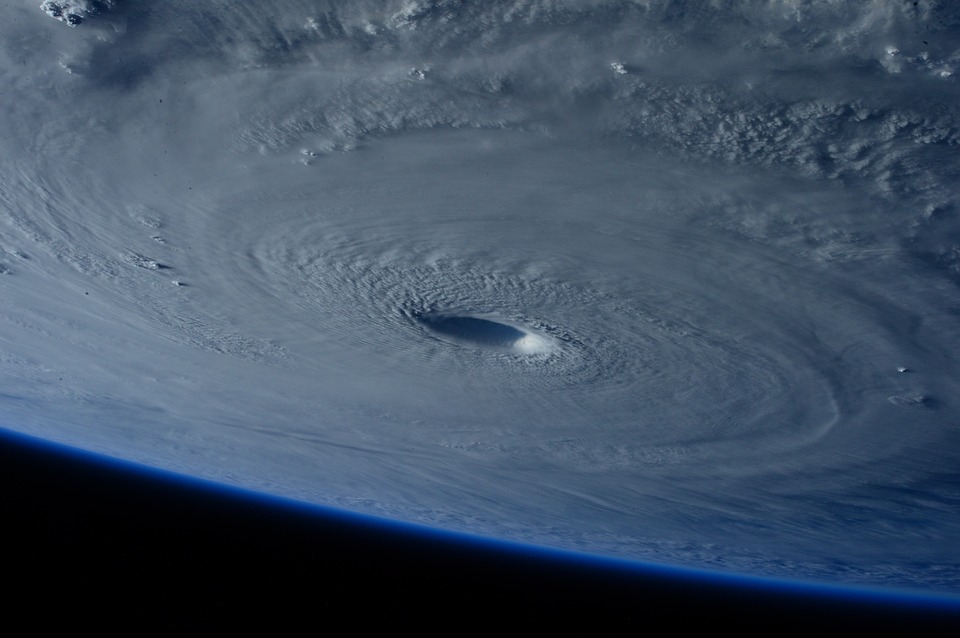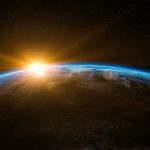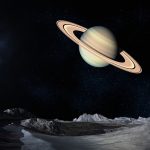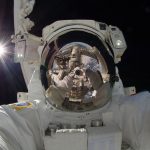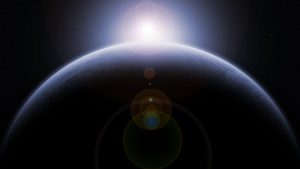There are structures in our Solar System with more water than the Earth.
A study on water in the Solar System, carried out by the University of Puerto Rico in Arecibo, has pointed out that water is not a unique feature of the Earth and that moons such as Europa or Titan – satellites of Jupiter and Saturn, respectively – they have larger amounts of liquid water than the blue planet. Specifically, experts have stressed that Europe has double and Titan up to 11 times the amount of water possessed by the Earth’s subsurface oceans.
The work highlights that water is the most abundant compound in the Universe, since it is composed of the first and third most abundant elements, such as hydrogen and oxygen, respectively. What is a special characteristic of the Earth is water in a liquid state. In the Solar System it is more common to see it in the form of vapor or ice.

Our universe, still young, has plenty of hydrogen. The other elements have been created in the stars, and the heavier elements in supernovas, and collisions of neutron stars.
Most of the matter we see in the universe is matter that we can not see (dark matter) of which we do not even know what it is, but it is observed that there should be such matter because of its gravitational effects.
Of the matter that remains, called baryonic, most of it does not generate compounds, since it is in ionized states in the interspace vacuum.
Suffice it to say that it is a very large universe, and regions with specific conditions could give rise to compounds that are not elsewhere.
The compounds that would involve the most abundant elements would have to be more likely. Diatomic hydrogen should be the most abundant compound. Helium is a noble gas, forms compounds under particular conditions, so the amount of compounds with helium should be very low: (Compounds of helium, neon and argon)
The next compound, would be the most common element with the third, in abundance, that is, hydrogen with oxygen: water.




